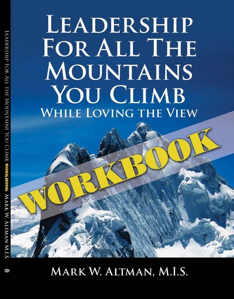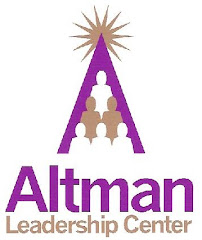"There is a place in America to take a stand: it is public education. It is the underpinning of our cultural and political system. It is the great common ground. Public education after all is the engine that moves us as a society toward a common destiny... It is in public education that the American dream begins to take shape." —Tom Brokaw
My volume of mail went up considerably last week after my column on home schooling in Idaho and I suspect there will be similar debate over the topic of charter schools. I am a fan of home schooling and other educational alternatives, if and only if, they can be shown to be effective for each child they are applied to. If an alternative can be demonstrated to be effective for one family then that family should be allowed to continue whatever they are doing that is working. If a family wishes to do something outside the mainstream, then it should be incumbent upon that family to demonstrate effectiveness. However, failing to educate or failing to demonstrate progress, should not be an option.
Charter schools, across the US have received a mixed report card, much in the way home schooling, or public school, for that matter. My conversation with the principal of our own Charter School and the public school administration illustrates three reasons for this mixed report card.
Parent involvement- Ask virtually any teacher in any setting, and they will tell you that parental involvement and support is the most important indicator of educational success. A child from a functional, loving, nurturing home, where a safe, quiet place to do homework, high expectations and maybe even a little tutoring when needed, will always outperform the student that does not enjoy these advantages. This is the biggest challenge all school systems face. Our local charter school, IB, AP, and high-achieving home schools, enjoy a high percentage of students from highly functioning backgrounds. The less of these advantages available to a student the poorer student performance will be, and the more expensive education is to the taxpayer.
Appropriate goals- The goals of society, governmental agencies, the educational system, the parent and the student themselves, must all be in agreement before the most effective education can take place. What kind of education is to be delivered? Mainstreaming or tracking, college prep or vo-tech training, academic, athletic or social emphasis? Much of the challenge for all school systems stems from a lack of consensus on all these topics. Charter families have the same goals as the school system they are part of, or they change systems in very short order.
Right setting for the right student- Placing the child in an environment the student can thrive in can make a real difference. Large school or small, highly structured or more liaise faire, regular public school, charter, or home school. Charter school families make an active decision to go to charter in the first place, insuring some level of commitment to the system from day one; then if they realize the system isn’t for them, they can easily go back to the regular public school they came from. This is another reason charter schools can boast a performance advantage over a regular public school, but it is also why the charter model is not a panacea for the ills of education in the US.
Charter schools, magnet schools, public school and even home schooling can be very successful if these three challenges are taken into account and planned for. However, no matter which of these systems a family uses to educate their children, we all have a vested interest in ensuring children are receiving as good and as much education as they can. As a society, the way this goal is achieved is to track each child using the tools of curriculum review and yes, standardized testing.
Tagline: Mark Altman is a speaker and leadership consultant with the Altman Leadership Center. He is the author of a new book, Leadership For All the Mountains You Climb; it may be purchased at Barnes and Noble, Amazon and other on-line retailers. Mark can be reached at mark@taolc.com.
Altman Leadership Center Speaking/Consulting web page
Wednesday, May 7, 2008
Subscribe to:
Post Comments (Atom)








No comments:
Post a Comment